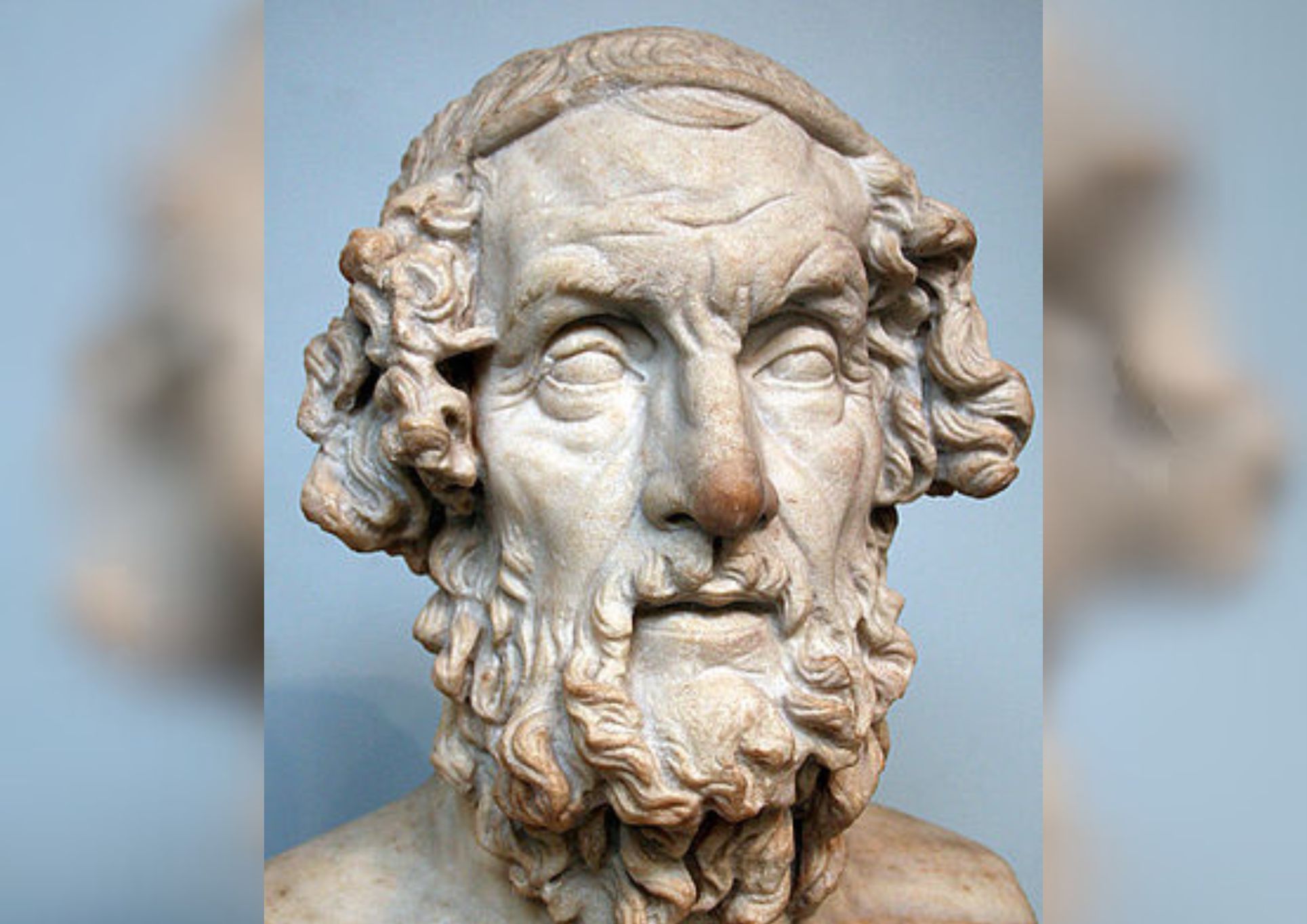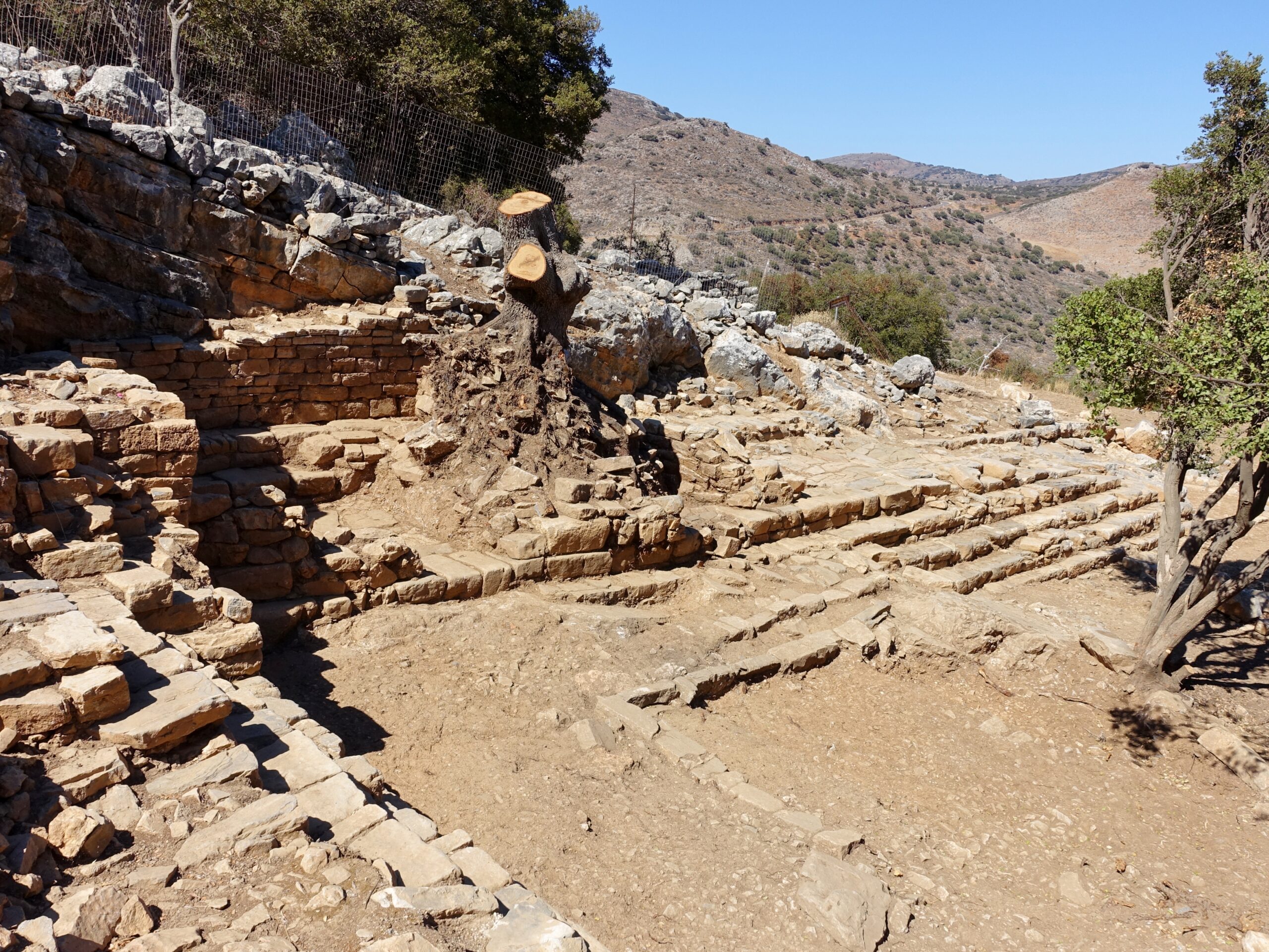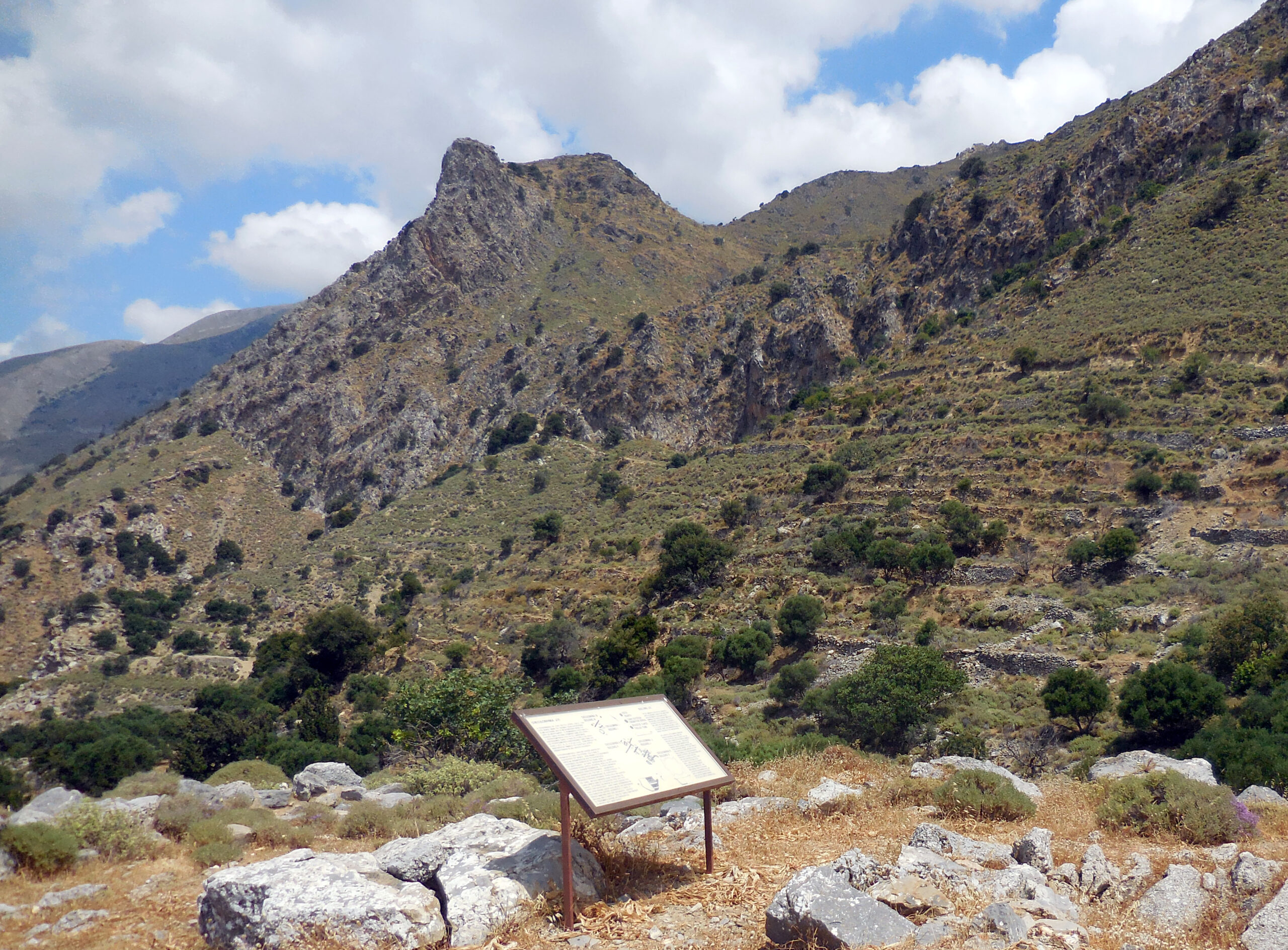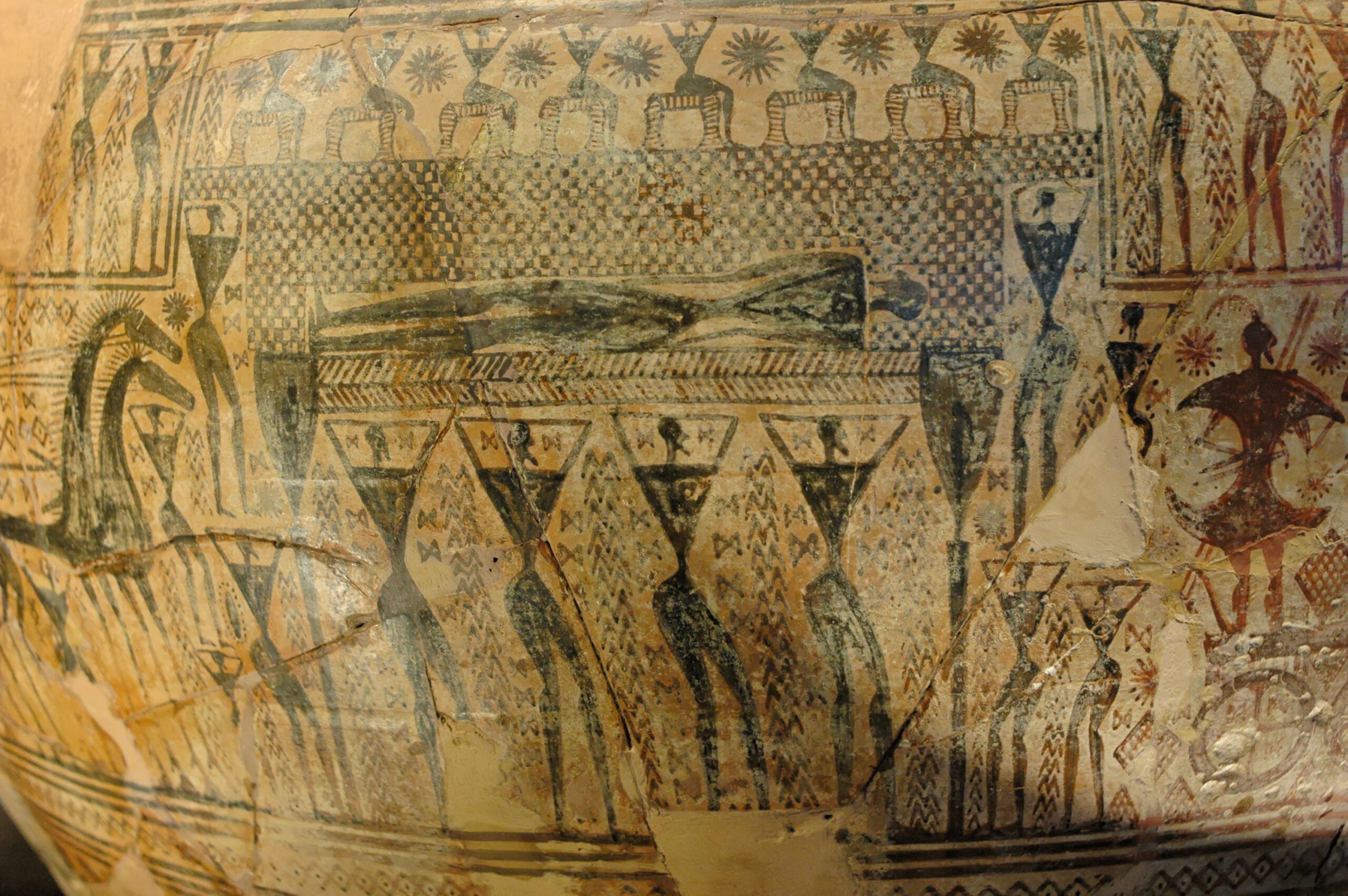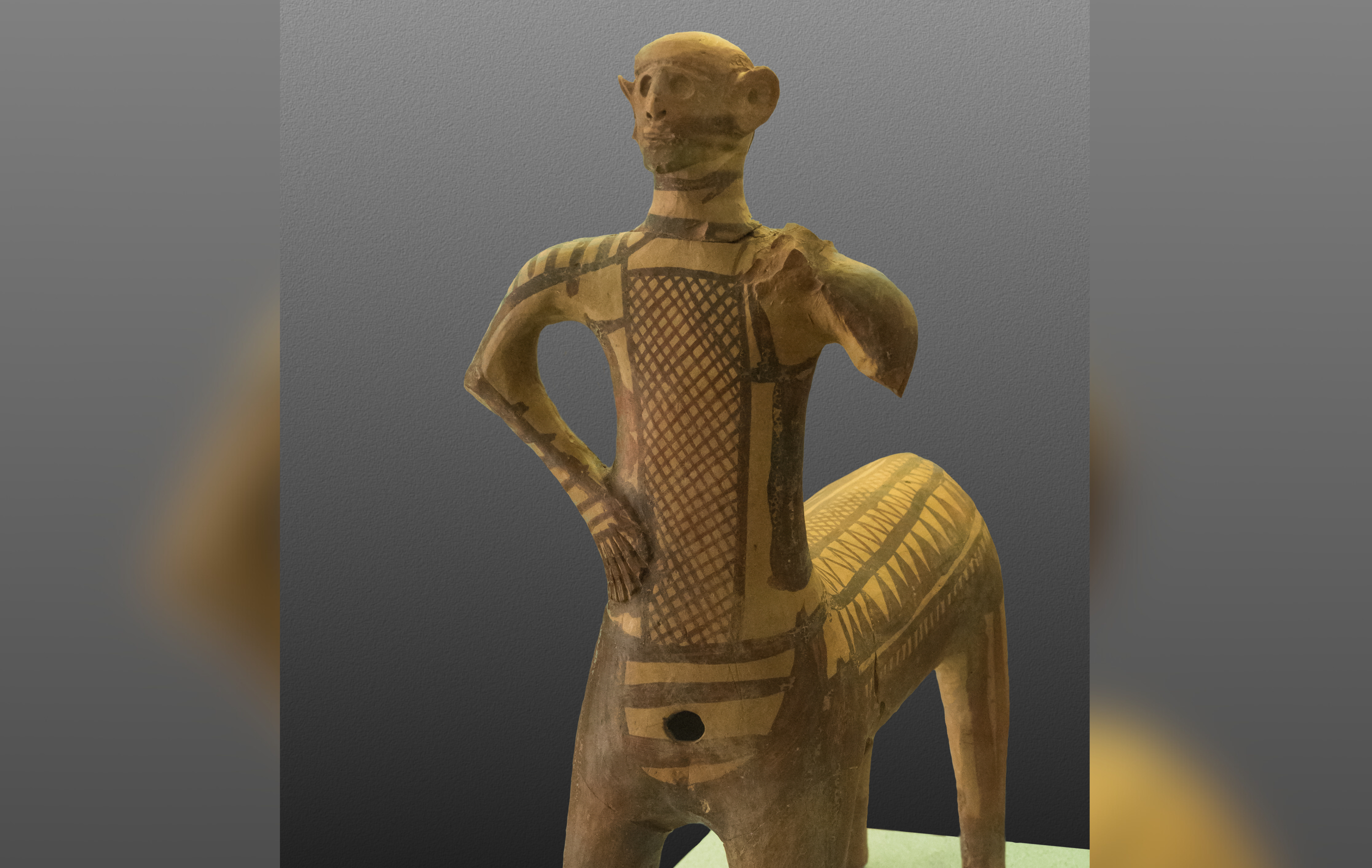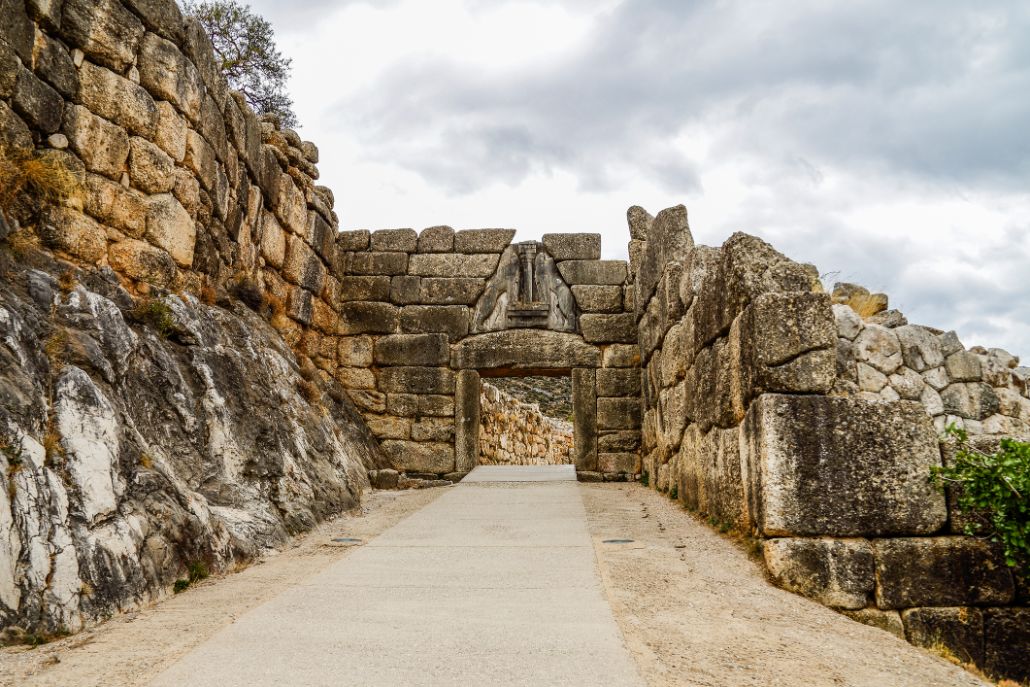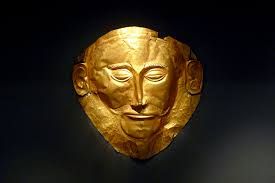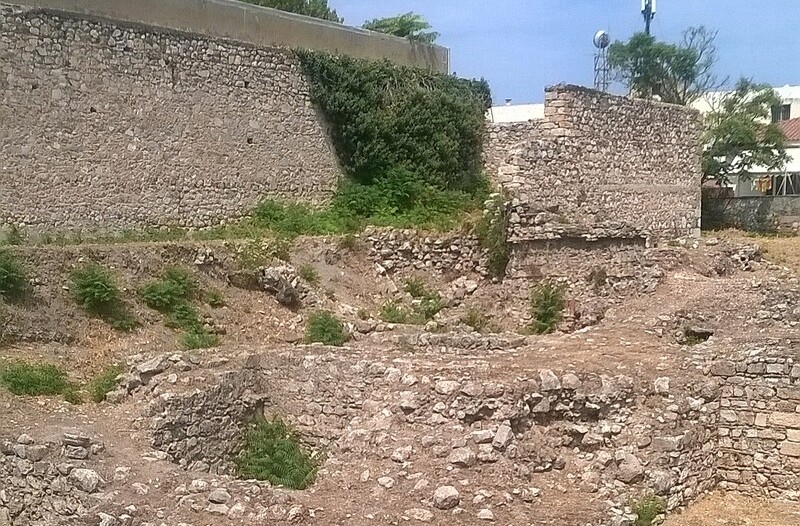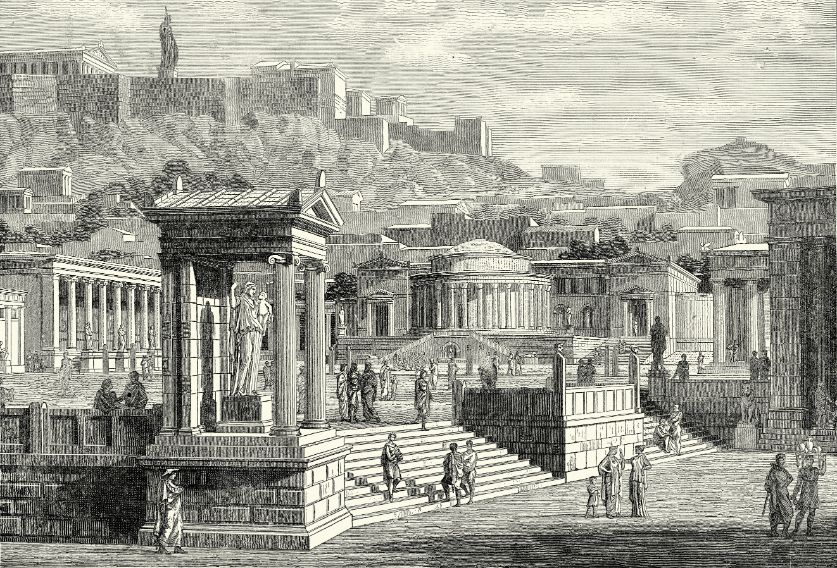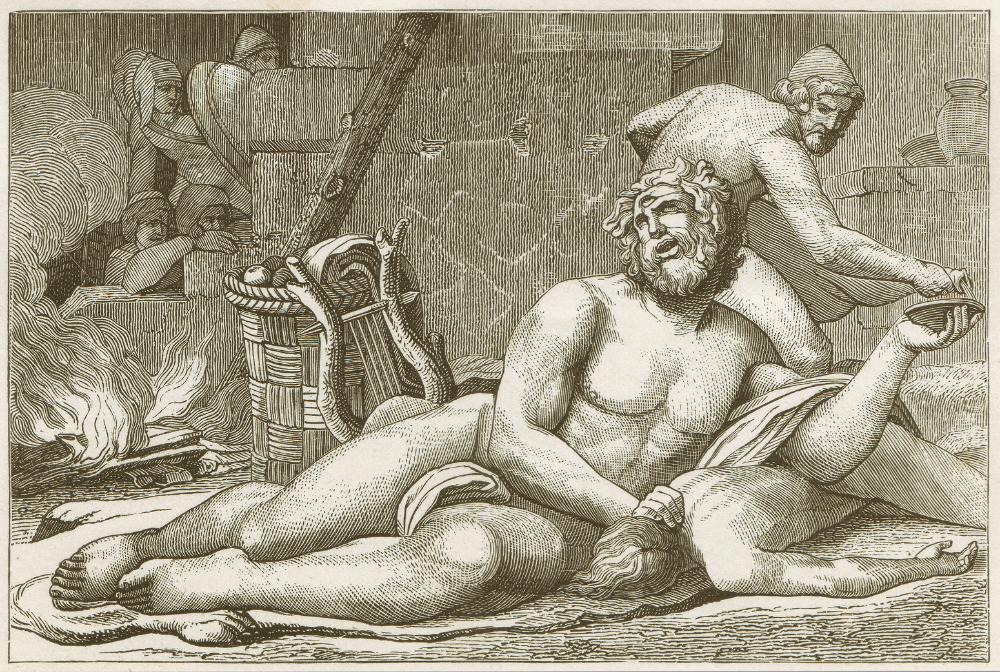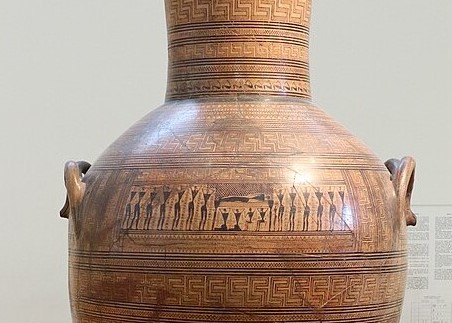Epic Tales of Heroes, Gods, and Timeless Journeys
Homer, the legendary Greek poet of the 8th century BC, is credited with composing two of the greatest works of ancient literature: the Iliad and the Odyssey. These epic poems, passed down through oral tradition before being written, shaped Western storytelling and provided a glimpse into the heroic age of Greece.
The Iliad tells the dramatic tale of the Trojan War, focusing on the wrath of Achilles and the battles between Greeks and Trojans. It captures themes of honor, fate, and divine intervention, as seen in its famous opening lines:
“Sing, Goddess, of the wrath of Achilles, son of Peleus,
the accursed wrath that brought countless sorrows upon the Achaeans.”
The Odyssey, in contrast, follows Odysseus’ long and perilous journey home after the war. Filled with encounters with monsters, gods, and temptations, it explores human resilience and cunning. The poem’s most famous passage describes Odysseus revealing his identity:
“I am Odysseus, son of Laertes, known to men for all manner of wiles,
and my fame reaches the heavens.”
Both works reflect the values of ancient Greek society, blending history, mythology, and moral lessons. Though Homer’s true identity remains a mystery, his influence on literature, philosophy, and storytelling is undeniable. His verses still echo across time, shaping our understanding of heroism, adventure, and the human spirit.

